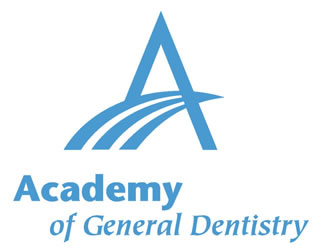Fact Sheet: Bruxism
Is work or school stressing you out? You may be taking it out on your teeth through a condition called bruxism. Bruxism is characterized by the grinding of the teeth and is typically accompanied by the clenching of the jaw. Researchers classify bruxism as a habitual behavior as well as a sleep disorder. Untreated bruxism can lead to other health problems, damage to the teeth and gums, and even temporomandibular joint disorder (TMD).
What Causes Bruxism?
Bruxism can have numerous causes, such as bite problems, stress, medical conditions or certain medications.
What are Signs of Bruxism?
Most people with bruxism are not aware of the condition, and only approximately 5 percent develop symptoms (such as jaw pain and headaches) that require treatment. In many cases, a sleeping partner or parent will notice the bruxism before the person experiencing the problem is even aware of it. The noise resulting from bruxism can be quite loud. Bruxism can result in abnormal wear patterns on the top surfaces of teeth, unusually sensitive teeth, notching of the teeth at the gum lines, as well as severe damage to the teeth, including fractures. Bruxism also is a significant cause of tooth loss, gum recession, and loosening of the teeth.
What are the Symptoms of Bruxism?
The symptoms of bruxism vary and can include anxiety, stress, and tension; depression; earache; eating disorders; headache; insomnia; and a sore or painful jaw. If left untreated, bruxism eventually shortens and blunts the teeth being ground and can lead to facial muscle pain and TMD. In severe chronic cases, it can lead to arthritis of the temporomandibular joints.
How is Bruxism Diagnosed?
The patient often becomes aware of the condition during a routine dental examination. Your dentist will be able to recognize the signs of bruxism during a dental exam and may even suggest further analysis of your bruxism, such as recommending an overnight stay at a sleep laboratory.
How is Bruxism Treated?
There is not always a definitive cure for bruxism, but the signs and symptoms can be reduced or eliminated through dental treatment. Treatments can include mouthguards, bite adjustments, biofeedback devices, and repair of damaged teeth.
Do you have questions about bruxism? Talk to your dentist.

